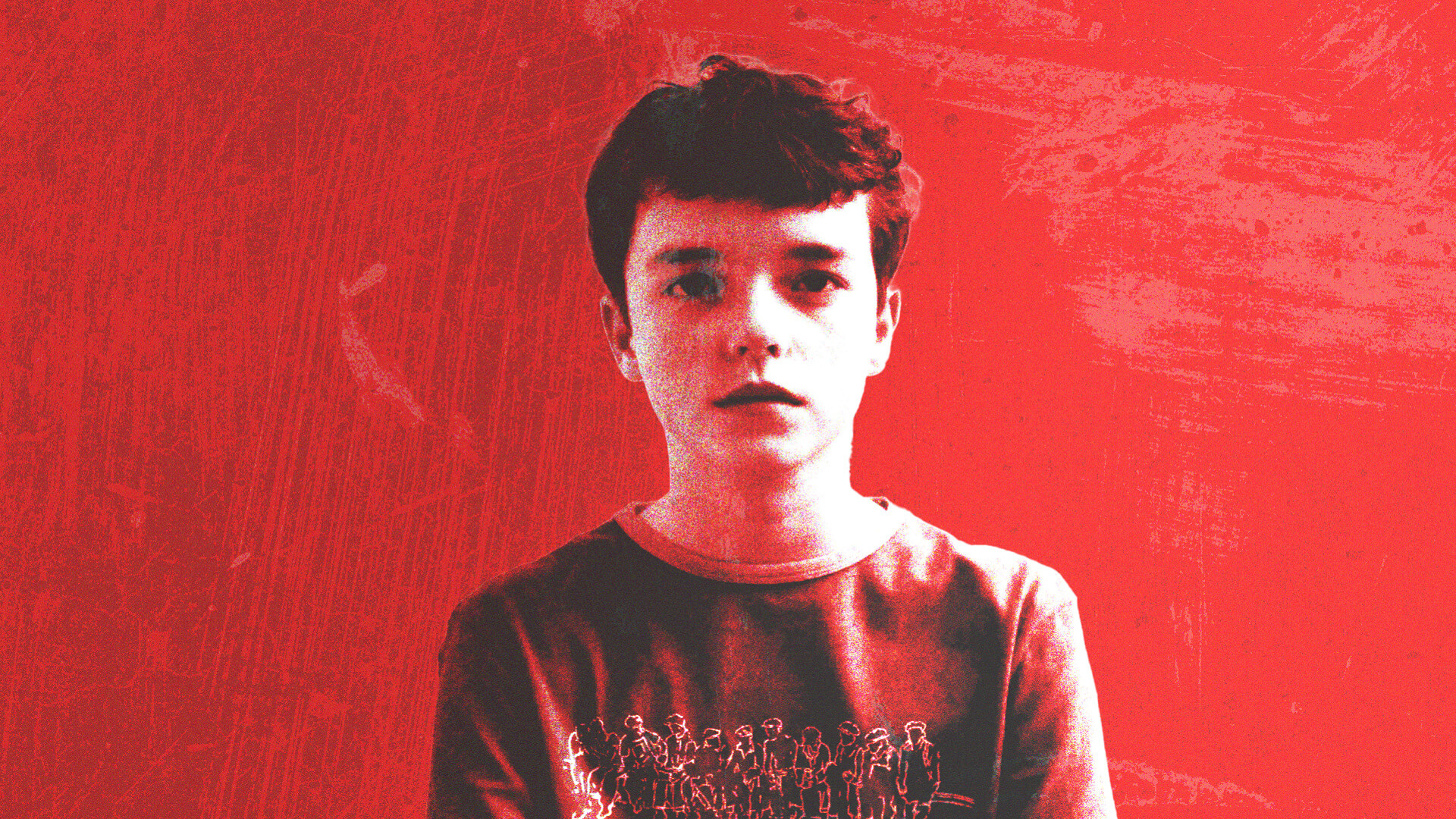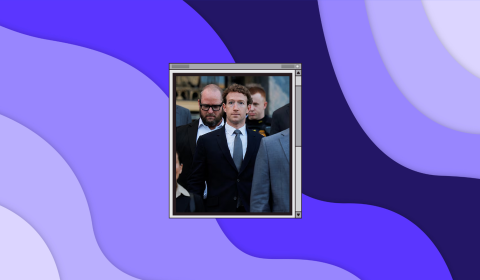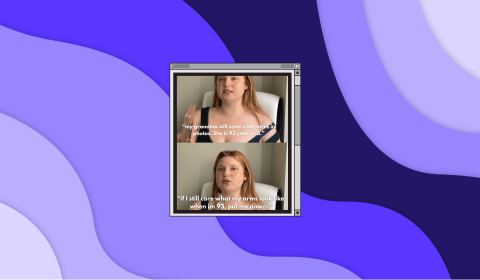The hit Netflix series ‘Adolescence’ highlights the dangers that can arise when social media use goes unchecked. It has sparked conversation and inspired politicians to start a dialogue, but does the show explore the realities of this uniquely Gen Z phenomena in enough detail?
We’re sure that you’ve seen or at least heard of the popular Netflix series ‘Adolescence’ by now.
Loosely based on true crimes that have taken place in the UK over the past few years, this limited four-episode programme revolves around thirteen-year-old Jamie, a boy from Liverpool who murders a female classmate. Each installment was filmed in a single take as viewers are shown the full arrest process, the ensuing chaos, and the emotional turmoil that is bestowed upon Jamie’s family.
The series highlights a growing problem of hypermasculinity and misogyny on social media that’s neatly been dubbed the ‘manosphere.’ There has been plenty of evidence over the past few years to suggest that our algorithms are pulling Gen Z further apart on many issues, including gender.
Right-wing rhetoric is rife across our online spaces, more so than ever before, and outrageous statements and personalities are rewarded with engagement rather than immediate dismissal.
‘Adolescence’ draws attention to some of these influencers. The show name drops Andrew Tate, for example, and mentions several incel ideologies, including the popular ‘80/20 rule’ that states only the ‘top’ fifth of men are desirable to women.
This is obviously nonsense, but is a well-established element of the ‘manosphere’ echochamber that has flourished on platforms like TikTok, X and Reddit in the last few years. As we wrote several weeks ago, the Netflix show has been lauded for realistically portraying a uniquely modern social phenomena that remains under the radar with many parents.
Most of Gen Z are in agreement that online discourse has become more hateful, divisive, and misogynistic. Reports and studies say that ‘toxic bro’ culture is becoming such an issue that women are leaving platforms altogether.
The Trump government is minimising efforts to improve diversity and inclusion. Elon Musk critiqued ‘Adolescence’ and accused its showrunners of peddling ‘anti-white propaganda’. All of these things indicate that there is a very real, deeply entrenched problem with the way masculinity is being shaped in our modern era of inflammatory comments and constant polarisation.
The reception to ‘Adolescence’ has sparked political discourse in the UK, with Keir Starmer calling for the show to be watched in schools. This move is definitely a positive step in the right direction, and could be an indication that governments and leaders may begin to pay more attention to a movement that has been bubbling under the surface for well over a decade.
For all its accolades and praise, however, there is an argument to be made that ‘Adolescence’ doesn’t fully explore the complex themes it tackles. Sure, the show does take aim at the conversations children have at school and certainly demonstrates a rudimentary understanding of incel culture, but it doesn’t fully outline its points in a way that students won’t already have a grasp of.
Every teenager will have heard of Andrew Tate. All school children will understand what the emojis mentioned within the show mean in their secondary context. These ideas presented via a Netflix programme are more a worthwhile lesson for parents and adults than they are for anyone still in education.
There is a feeling that politicians and those less informed may be riding on the coattails of the discussion ‘Adolescence’ has generated, placing this issue into a neat box of ‘online hate’ that is far more complex and wide-reaching. There are so many additional societal factors that have contributed to the warped perception of masculinity that boys are now in danger of subscribing to.
Gen Z have come of age at the height of online dating. They’re living in an era rife with revenge porn, OnlyFans content, unmoderated hate speech and outrageous world leaders that are proven misogynists. We can try to place the blame solely on the internet, but it goes beyond that. Many of the parents who will be shocked at the themes of the Netflix series are simultaneously rewarding politicians routinely accused of sexism and racism. The Reform party is making heavy gains in the UK, for example. The US voted in a man who has been found guilty of sexual abuse.
The general public is setting an example that rewards aggressive male behaviour; the problem is not simply Andrew Tate.
Politicians that are opening up new avenues of conversation to address this issue have the right idea, but the reaction to ‘Adolescence’ shouldn’t simply be new policies that restrict social media use or singular bans of influencer accounts.
We need bigger conversations around the cultural failings of the past decade. We need to talk about the rise of sexism and prejudice that is thinly veiled as criticism toward an imaginary ‘wokeness’ that barely exists. We need to explain how and why the leading country of the free world voted in a convicted sex offender. It’s these larger waves of divide and negativity that should be looked at with as equal scrutiny as any Andrew Tate video.
One cannot exist without the other.




















